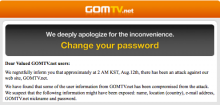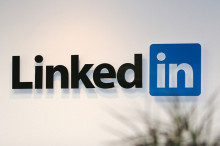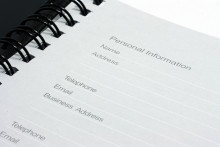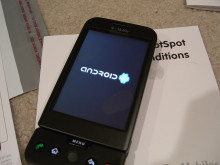Need a warrant to unmask Internet users? Not if Canada gets its way
When Canada's Conservatives took the most votes in the May 2011 federal election, Prime Minister Stephen Harper said that an "omnibus" security/crime bill would be introduced within 100 days. The bill would wrap up a whole host of ideas that were previously introduced as separate bills—and make individual ideas much more difficult to debate. A key part of the omnibus bill will apparently be "lawful access" rules giving police greater access to ISP and geolocation data—often without a warrant—and privacy advocates and liberals are up in arms.













































































